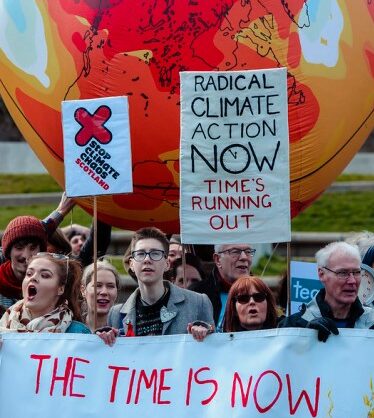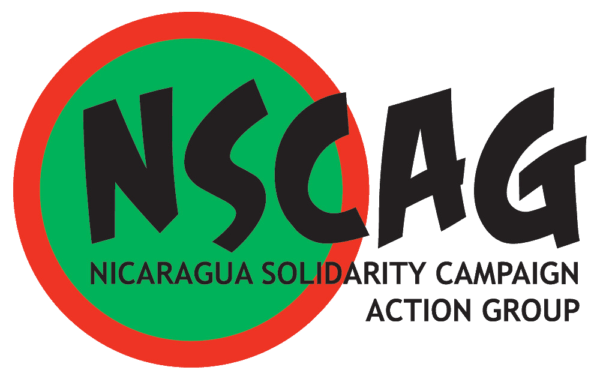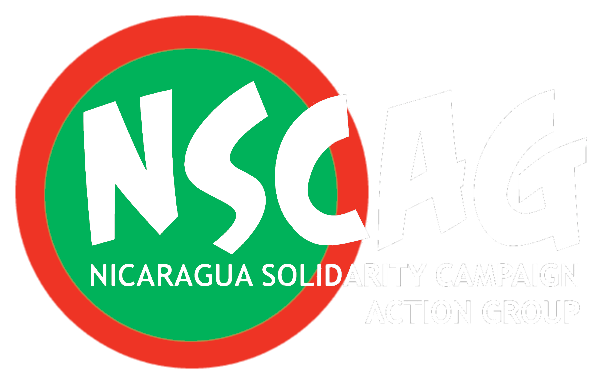Nicaragua Solidarity Campaign Action Group
30 November 2020
Ending the myth of eternalism on a planet with finite resources

‘We need a change of mindset, from one of transforming nature to one of transforming ourselves.’ Dr Paul Oquist, Minister-Private Secretary for National Policy,’ Nicaraguan representative to UN agencies on climate change, and former co-chair of the UN Green Climate Fund.
In his book Equilibra: The Philosophy and Political Economy of Existence and Extinction, Dr Oquist writes, ‘We live in a cosmic shooting gallery of meteors, solar radiation, and electromagnetic pulses, on a molten volcanic bomb of a planet under attack by bacterial and rapidly mutating viral pathogens.’
However, according to Dr Oquist, the greatest threat is our inability to control the consequences of our own science and technology: nuclear weapons, climate change, and artificial intelligence.
Despite the high level of social and economic destruction caused by Covid-19, its impact on humanity will be ‘small, transient and recoverable ‘ compared to the total, permanent, and irreversible damage caused by the catastrophic destruction of climate extremes.
The formula humanity has used is based on transforming nature. We have become alienated from the natural environment by the capitalist myth of eternalism: ’limitless, mindless growth of production and consumption on a planet with finite, rapidly degrading resources.’
Our economic and political structures are largely based on short-term gain regardless of the long-term consequences. These structures have contributed to gross inequalities within and between countries. According to Oxfam, prior of the Covid pandemic, the world’s richest 1% have twice as much wealth as 6.9 billion people.
Neoliberalism’s method of poverty reduction is ‘growth, more growth and crumbs’ for the impoverished. This has left those who are already most impoverished facing greater poverty as well as the consequences of climate crisis, for which they are the least responsible.

Women bear the brunt of climate extremes.
Dr Oquist believes that ‘we need to develop a collective understanding of the Universe and Mother Earth, and how we are an integral part of evolution’. In this way we can renew our identity and values, so that we ’become aware our vulnerabilities and risks that threaten our existence.’
Over the centuries social change has come about through people organising into movements across countries and sectors… whether it was about abolishing slavery, anti-colonialism, employment rights or other goals. The main lesson is that struggles have continued for years, even centuries, and then very suddenly a convergence of interests results in major change.
Thirty thousand people will converge on Glasgow from 1-12 November 2021, the largest ever international summit that the UK has ever hosted.
Will global leaders, particularly from those countries largely responsible for the scale of the climate crisis, recognise the convergence of interests for major change and take action?

